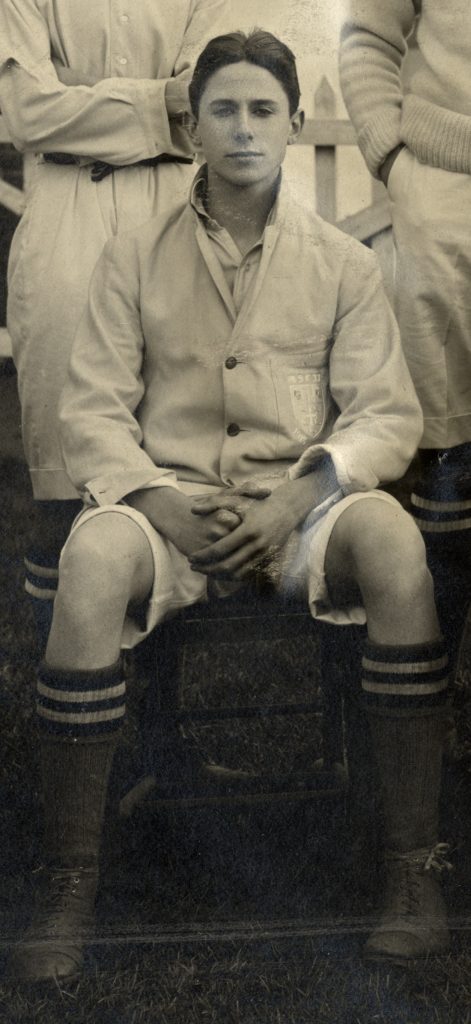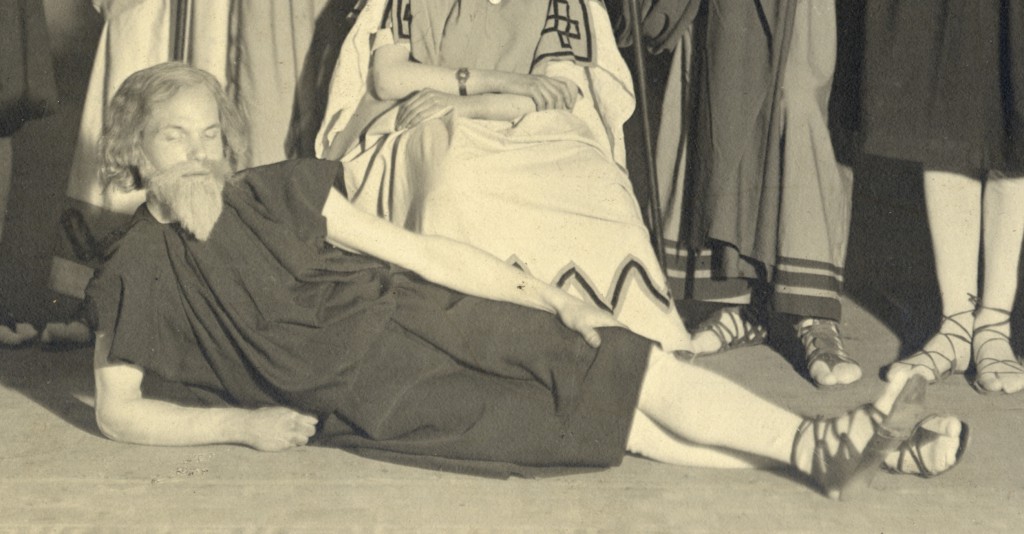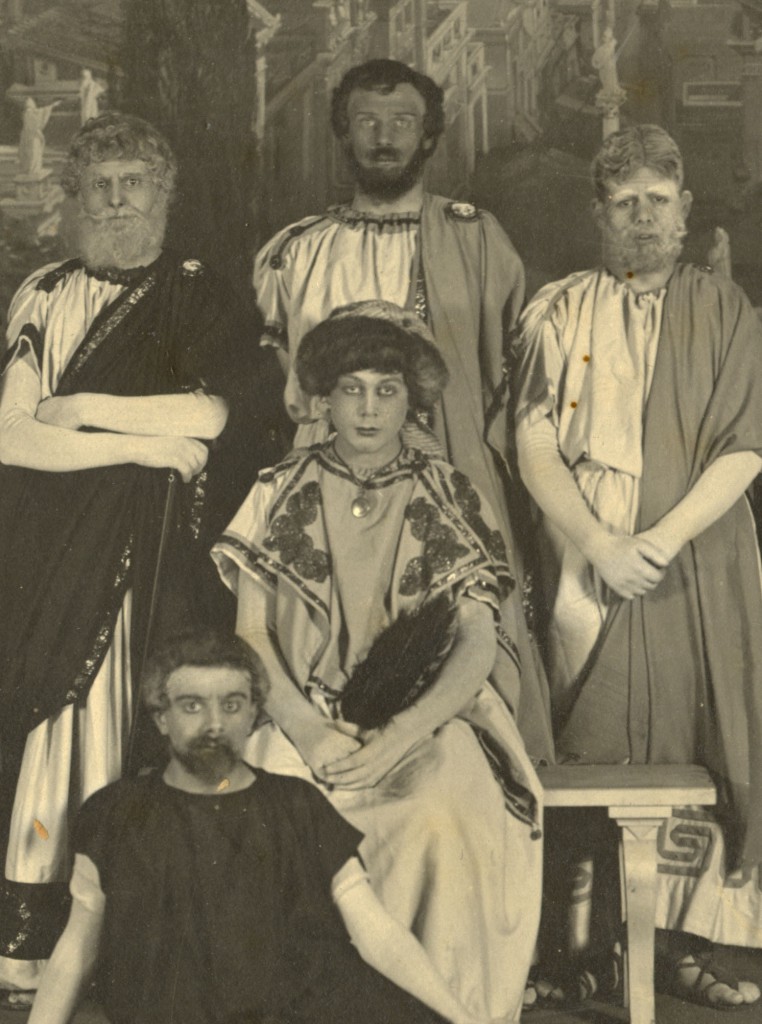The House met on Thursday, October 21, to discuss the motion that ‘ In the opinion of this House the War should not prevent the performance of the Play.’
The Proposer (Mr. MEYER) said that the Play being one of the School’s most treasured institutions should certainly not be stopped. He saw no reason why we should not have some diversion, andit is good for us to be cheered up every now and then. Terence’s plays certainly were not frivolous. The working and acting of the Play would be very much more difficult when none of those taking part in it had ever seen a play.
The Opposer (the SECRETARY) said that the Play was stopped in the first year of the Crimea, which was far less important than this war. If the Play was not frivolous, the epilogue most certainly was. We could not possibly have a play without the epilogue. Other public schools had given up many of their most treasured institutions. If other schools give up theirs, why shouldn’t we give up ours ? If theatres were stopped owing to the war, numbers of people would be thrown out of work, whereas the Westminster Play, as Mr. Meyer had said, was entirely run by the School, and consequently no one would be thrown out of work if we did not have it.
The Seconder (The PRESIDENT) said that the Secretary was quite wrong, and that there was a play at the time of the Crimean war. The Play had not been stopped at all in the last century, not even in the Napoleonic wars, except out of compliment to the Royal Family when a prominent member of it had died. He quite agreed that it was not right for us to criticise at this time, and that consequently we could not have an epilogue, but could we not have some sort of commemorative address? There were certain details with regard to the Play that people could not have drummed into them.
Mr. ABRAHAMS said that the sentimental. side of the question could not possibly be neglected. One did not want uproarious laughter nowadays. He gave us a quotation from the Famulus, and said that that was not the sort of thing we wanted at this time. This terrible war, into which all Europe was now plunged, was a far greater calamity than the death of a king. If we stopped the Play for that, surely it was our duty to stop it now. If the actors found that there was only a small audience, it would have a very bad effect upon them.
Mr. HERBERT told us that the newspapers last year, discussing the fact that ‘Westminster was not having its Play, said that it was exceedingly good taste.
The SECRETARY pointed out that it would be no more of a blow to us not to have the Play than it was to Eton and Harrow not to have their usual match at Lord’s.
Mr. OLIVER said that the only reason why the Eton and Harrow match did not take place at Lord’s was that Lord’s was not open.
Mr. SIMPSON suggested that now that we were more settled and in less of a panic we might have the Play again.
The SECRETARY disputed that we were settled and knew where we were.
The PRESIDENT said that we must certainly find out whether various influential Old Westminsters approved or not.
The motion was then put to the vote and carried by 14 votes to 7.
 Arthur Nesbit Charlton initially joined Homeboarders’ house in September 1909, but became a King’s Scholar in 1910. As a Scholar he would have attended the coronation of King George V in Westminster Abbey on 22nd June 1911.
Arthur Nesbit Charlton initially joined Homeboarders’ house in September 1909, but became a King’s Scholar in 1910. As a Scholar he would have attended the coronation of King George V in Westminster Abbey on 22nd June 1911.
